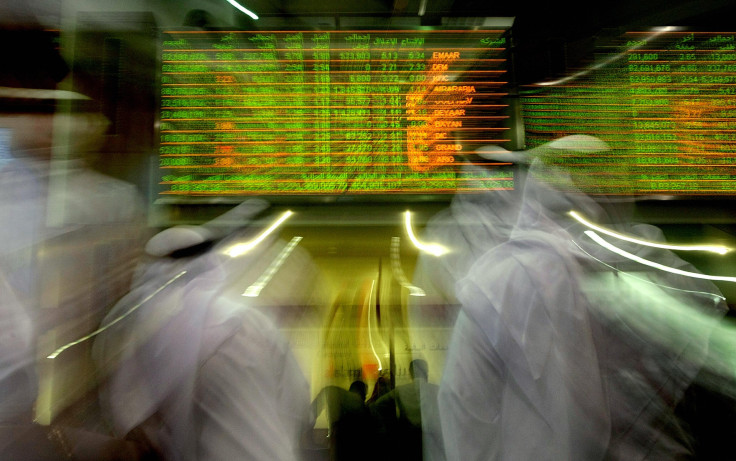King Abdullah's Death Unlikely To Change Saudi Arabia's Oil Policy, Say Experts

The death of Saudi Arabia's King Abdullah and the succession to the throne of Crown Prince Salman bin Abdulaziz, has prompted speculation about whether the change in the oil-producing giant's leadership will herald a change in its oil policy, which has been a significant factor in the rapid plunge of the commodity's price over the last year.
The price of oil futures jumped between 2 percent to 3 percent on markets around the world in the wake of the monarch's death -- a fairly muted response that reflected market expectations that Saudi Arabia's leadership transition would be smooth and the new king would remain committed to continuing his predecessor's policy of refusing to cut production.
One reason for this confidence is statements made by the new king in recent months. One was made during a 'state of the Kingdom'-esque address this month, and another was read out on Saudi television when King Abdullah was admitted to hospital, and both were seen as an endorsement of the current policy, and of the country's influential oil minister Ali al-Naimi.
“Not only did the Saudis signal a smooth transition [with the statements], they are transferring power to a faction that tends to feel that the alliance with the United States should be a priority,” Amy Myers Jaffe, an energy observer at the University of California, Davis, told the Wall Street Journal. She added that she thought the country's policy would not change soon.
The price of oil has fallen to around $47 a barrel now, from highs of almost $110 a barrel in January 2014. The drop is due to a number of factors, in particular, the rapid development of U.S. shale and Canadian tar sands oil production, which has reduced U.S. demands for imports from the Middle East and elsewhere.
Halting the rise of these industries in the Americas is part of the motivation behind Saudi oil policy, according to experts. The country's highly developed oil infrastructure allows them to produce at a very low cost, and its enormous cash reserves should cushion it against a prolonged price drop that many U.S. producers may not be able to withstand.
"Everything from the Royal Family and the Saudi Oil Minister in the last 75 days has pointed toward a policy of sustained high exports, and a high stakes game of international 'chicken' with other higher cost oil producers," Tom Kloza, the global head of energy analysis for the Oil Price Information Service, told CNN Money.
In the past, OPEC, the bloc of countries responsible for about 40 percent of the world's oil production, has cut output to prop up prices. But, in a November 2014 meeting, the group elected to maintain its current production target, refusing to try to drive up prices by reducing supply.
The reason for that, experts say, is in large part a long-term Saudi-led strategy the focuses on maintaining market share over keeping prices high.
“The most important thing for the Saudis is market share,” Prof. F. Gregory Gause, a Saudi expert at Texas A&M University, told Forbes. “They are not going to sacrifice it, they will play chicken with other producers, whether Iranian or American shale producers, in order not to lose market share and the only way they will cut production is if they get an agreement with a broad array of OPEC and non-OPEC producers to take a fair amount of oil off the market.”
From a geopolitical perspective, the main benefits of a Saudi cut in oil production “would go to countries they detest such as Iran and Russia,” the Economist magazine wrote.
One key indicator of a possible change in direction is whether the new king retains the services of the country's oil minister, al-Naimi, who has driven decision-making since 1995 and is an advocate of the current policy, according to Bloomberg.
A final factor that may influence the new leadership toward continuing with current policy is the risk of a double-negative result if the country chose to cut production.
“Had Saudi Arabia cut its production by one or two million barrels [in November 2014], that one or two million would have been produced by others. Which means Saudi Arabia would have had two negatives, less oil produced, and lower prices,” Saudi billionaire businessman Prince Alwaleed bin Talal told USA Today.
© Copyright IBTimes 2024. All rights reserved.












